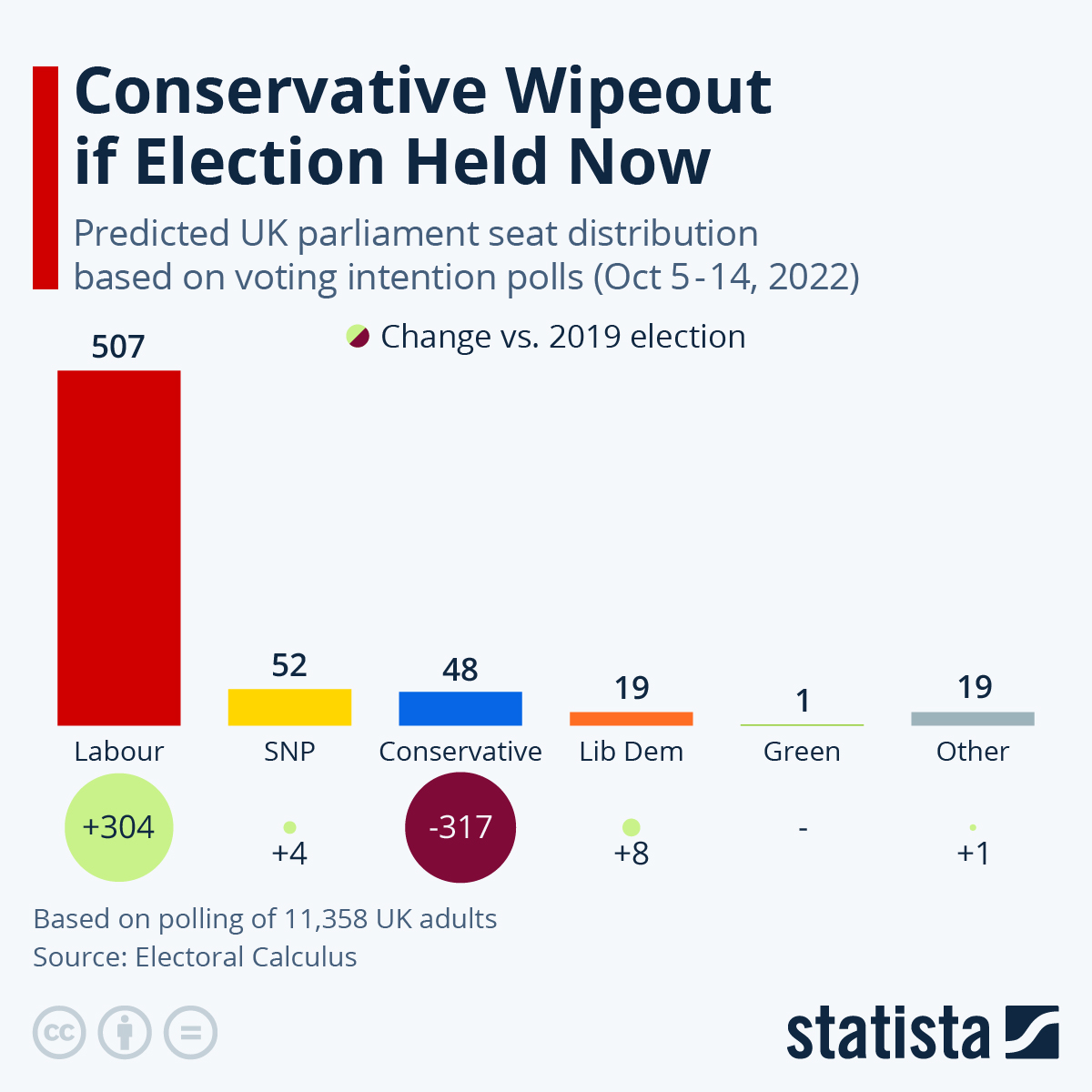UK Local Elections: Will Farage's Reform Party Succeed?

Table of Contents
Background: Nigel Farage, a veteran of UK politics and former leader of the UK Independence Party (UKIP), launched the Reform Party with the stated aim of disrupting the established political order. The party's ideology centers on populist themes, focusing on issues like Brexit, immigration, and economic reform. While the party hasn't achieved widespread success in national elections yet, its potential impact on the UK Local Elections warrants close examination. This article will analyze the Reform Party's chances of success in these upcoming elections.
The Reform Party's Platform and Appeal
Key Policy Positions:
The Reform Party's platform is built around policies designed to appeal to a specific segment of the electorate. These include:
- Brexit: A strong emphasis on fully realizing Brexit and rejecting any further EU integration. This resonates with voters who feel the UK hasn't fully broken free from EU regulations.
- Immigration: A stricter approach to immigration control, focusing on border security and limiting numbers. This policy aims to attract voters concerned about immigration levels.
- Economy: Policies focused on lower taxes, reduced government spending, and support for small businesses. This platform seeks to attract voters who feel the economy isn't serving their interests.
- NHS Reform: While details are still emerging, the party has expressed concerns about the current state of the NHS and advocates for reform.
These policies contrast sharply with the offerings of some established parties, potentially attracting voters disillusioned with the mainstream. For example, their Brexit stance differs from the more moderate approaches of the Conservative and Labour parties.
Target Voters:
The Reform Party primarily targets voters who feel let down by the mainstream parties, particularly those who voted Leave in the 2016 EU referendum. This demographic includes:
- Disaffected Conservatives: Voters who feel the Conservative Party has not delivered on Brexit promises.
- Working-class voters: Those who feel their concerns have been ignored by both Labour and Conservative parties.
- Anti-establishment voters: Individuals disillusioned with traditional politics and seeking a radical alternative.
Analyzing voting patterns in previous local elections in areas with a high Leave vote reveals the potential for significant Reform Party gains. The party needs to successfully consolidate this support and attract new voters to achieve widespread success.
Challenges Facing the Reform Party
Competition from Established Parties:
The Reform Party faces stiff competition from established parties like the Conservatives, Labour, and Liberal Democrats. Each party has considerable resources and established networks, posing significant challenges:
- Conservatives: Hold a significant number of local council seats and have a strong organizational structure.
- Labour: Strong in urban areas and amongst working-class voters, potentially overlapping with the Reform Party's target demographic.
- Liberal Democrats: Competitive in certain areas and appeal to centrist voters who may be wary of the Reform Party's more populist policies.
Tactical voting, where voters support the candidate most likely to defeat a preferred opponent, could also hinder the Reform Party’s progress.
Funding and Organization:
Compared to established parties, the Reform Party has limited funding and a relatively smaller organizational structure. This presents challenges in:
- Campaigning: Reaching voters and effectively communicating their message nationwide.
- Candidate Selection: Finding and supporting suitable candidates to contest elections across the country.
- Ground Game: Organizing volunteers and conducting effective local campaigns.
Public Perception and Leadership:
Nigel Farage's public image plays a crucial role in the Reform Party's prospects. While he enjoys strong support amongst a specific segment of the population, his divisive persona also alienates many. Negative media coverage and potential controversies can significantly impact the party's electability. Public opinion polls will be crucial in gauging the impact of these factors.
Regional Variations and Key Battlegrounds
Areas of Potential Success:
The Reform Party is predicted to perform strongly in regions that voted overwhelmingly Leave in the 2016 referendum. Areas in the North and Midlands, where dissatisfaction with mainstream parties is high, offer the best opportunities. Specific local council elections in these areas will be key battlegrounds. Analyzing local election results from previous years provides valuable insights into potential Reform Party strongholds.
Areas of Weakness:
Areas with a strong Remain vote and a history of supporting established parties, such as London and many parts of Scotland, are expected to be areas of weakness for the Reform Party. Local political dynamics and the presence of strong local candidates from other parties will also affect their performance in these areas.
Conclusion: Assessing the Reform Party's Prospects in the UK Local Elections
The Reform Party's success in the UK Local Elections depends on several interconnected factors. While their populist message resonates with a segment of the electorate and they have the potential to disrupt the established order, they face significant challenges, including competition from well-funded and organized parties, funding limitations, and the divisive nature of their leadership. While predicting the precise outcome is difficult, a significant showing in Leave-voting areas is plausible, but a complete electoral breakthrough seems less likely in this round of UK Local Elections.
To fully understand the impact of the UK local elections, it’s vital to research candidates and participate in the democratic process. Follow the UK local elections closely to understand the results and their potential impact on future national elections. Engage with local candidates, and make your voice heard by voting in the upcoming UK local election results.

Featured Posts
-
 Macron Intensifie La Pression Sur Moscou Que Reserveront Les Prochains Jours
May 03, 2025
Macron Intensifie La Pression Sur Moscou Que Reserveront Les Prochains Jours
May 03, 2025 -
 Great Yarmouth Responds The Rupert Lowe Debate
May 03, 2025
Great Yarmouth Responds The Rupert Lowe Debate
May 03, 2025 -
 Mauritius And Donor Country Agreement On Grant Assistance
May 03, 2025
Mauritius And Donor Country Agreement On Grant Assistance
May 03, 2025 -
 Saturday Lotto Draw Results April 12 2025 Lotto And Lotto Plus
May 03, 2025
Saturday Lotto Draw Results April 12 2025 Lotto And Lotto Plus
May 03, 2025 -
 Two Celebrity Traitors Uk Contestants Have Already Left
May 03, 2025
Two Celebrity Traitors Uk Contestants Have Already Left
May 03, 2025
